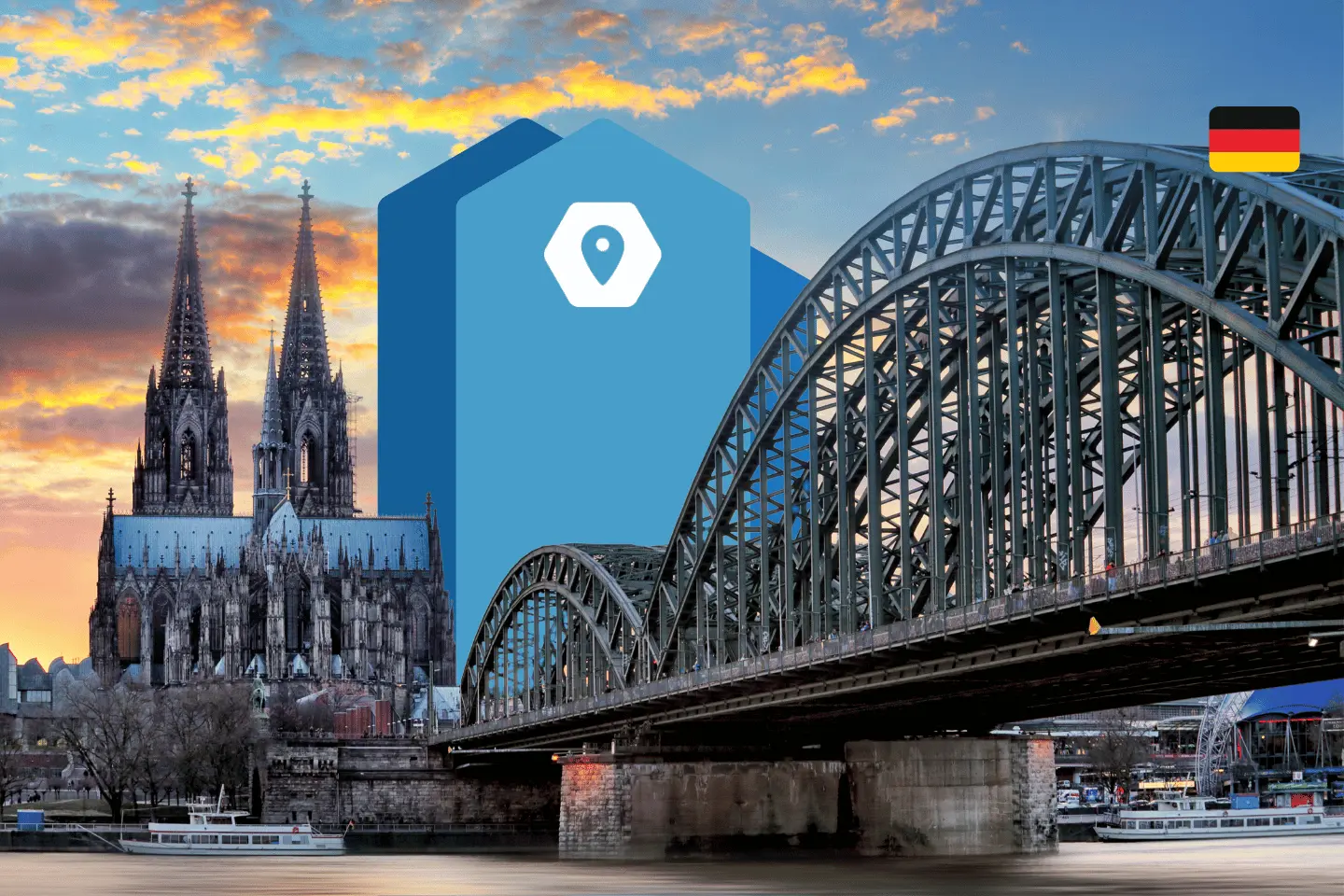Everything You Need to Know About the Experienced Employee Visa for IT and Non-IT Workers in Germany
Germany's Qualified Employment Permits are designed to attract skilled workers from non-European Economic Area (EEA) countries, addressing labor shortages across various sectors.
One of its types is the Experienced Employee (IT/non-IT) visa, a pathway for skilled professionals with substantial work experience to work in Germany in non-regulated professions. Below are the detailed requirements, processes, and benefits associated with this visa category:
Eligibility Requirements
Here’s a summary table explaining the requirements for this kind of visa.
| Requirement |
Details |
| 1. Professional Experience |
Applicants must have at least two years of qualified professional experience within the last five years. |
| 2. Qualifications |
- A recognized academic degree or vocational qualification is required.
- Vocational qualifications must involve at least two years of formal training, recognized by Germany’s Central Office for Foreign Education (ZAB).
- For IT specialists, a university degree is not mandatory, provided the applicant meets the professional experience criteria. |
| 3. Job Offer |
The applicant must have a job offer in a non-regulated profession (e.g., IT, marketing, finance). Non-regulated professions do not require additional licensing. |
| 4. Salary Thresholds |
- Minimum gross annual salary: €43,470 for general roles (2025 figure)
- Minimum gross annual salary: €45,552 for IT specialists (2023 figure)
- For applicants aged over 45 years, the threshold increases to €53,130. |
| 5. Language Skills |
- German language proficiency at B1 level may be required for non-IT roles.
- For IT specialists, this requirement is often waived due to high demand in the sector. |
| 6. Approval from Federal Employment Agency (BA) |
- The BA must confirm that no preferential candidates (EU/EEA nationals) are available for the position.
- The employer must submit a “Declaration of Employment” form as part of the application process |
Benefits
- Access to work in Germany’s thriving economy across various sectors like IT, finance, and marketing.
- No requirement for degree recognition in IT roles if professional experience suffices
- Opportunity to transition to permanent residency after consistent employment and contributions to social security systems.
Special Considerations for IT Specialists
- IT professionals benefit from relaxed requirements compared to other professions:
- No mandatory degree recognition.
- Lower salary thresholds (€45,552 annually).
- Waived language proficiency requirements in many cases
Application Process
Key steps in applying for this permit type.
|
1
Qualification Recognition
|
- Applicants must verify their qualifications through ZAB or check recognition via the Anabin database.
- If qualifications are not recognized, applicants may need to undergo additional training or certification. |
|
2
Document Submission
|
- Completed visa application form
- Valid passport
- Job offer letter specifying salary and role details
- Proof of qualifications and work experience
- Declaration of Employment form from the employer
- Proof of health insurance coverage |
|
3
Visa Application
|
- Submit the application at the German embassy/consulate in your home country.
- The application is forwarded to the BA for approval. |
|
4
Visa Issuance
|
Once approved, applicants receive their visa, typically valid for one year but extendable based on employment status. |
Conclusion
The Experienced Employee visa (under Qualified Employment Permits) offers flexibility and opportunities for skilled workers with substantial professional experience to contribute to Germany’s economy. It is particularly advantageous for IT specialists due to relaxed qualification and language requirements. Applicants should ensure their qualifications are recognized and meet salary thresholds while securing approval from the Federal Employment Agency.

.svg)











.svg)
